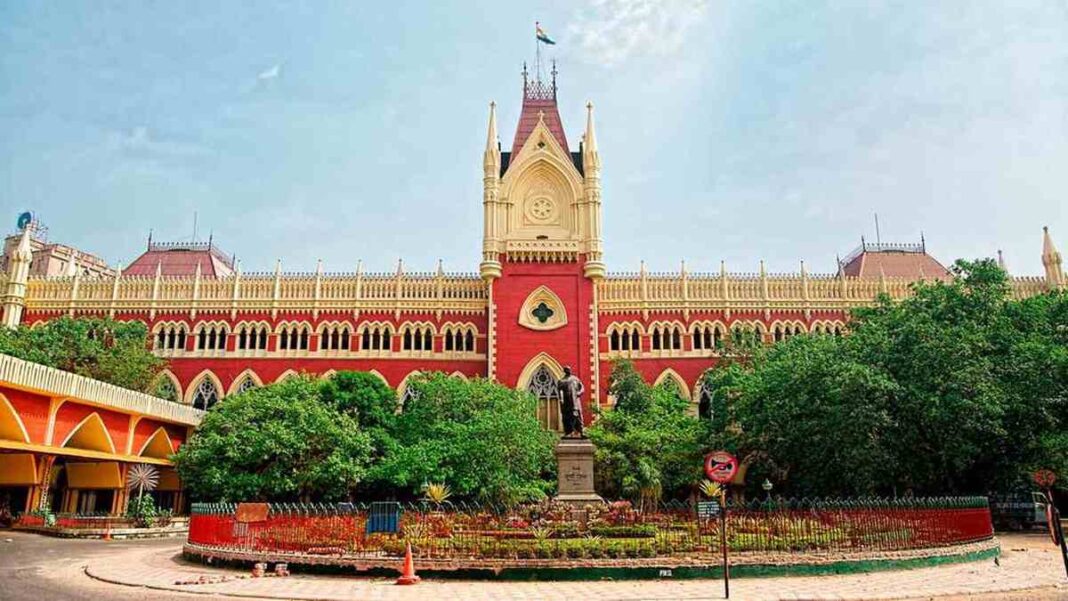INDIA: In a historic judgment, the Calcutta high court has set aside the appointment of 23 vice-chancellors (VCs) by the West Bengal government on charges of violation of University Grants Commission (UGC) Regulations 2018. Former West Bengal governor Jagdeep Dhankhar had raised objections to the appointments of VCs to the state universities, including the University of Calcutta, Jadavpur University and Presidency University.
In response to a writ petition (WPA(P) 170/2022) CAN1/2022) filed by Anupam Bera of “Jatiyatabadi Adyapak o Gabeshak Sangha”, challenging the “illegal” appointment of VCs, a division bench comprising Chief Justice Prakash Shrivastava and Justice Rajarshi Bharadwaj ruled that the appointments of VCs who do not possess minimum eligibility conditions are held to be unsustainable and without the authority of law.
Bera is the President of the Akhil Bhartiya Rashtriya Shaikshik Mahasangh (ABRSM), West Bengal chapter.
The appointment of those respondent VCs who are appointed, reappointed, whose tenure is extended, or who are given additional charge by the order of the state government are without the authority of law, the bench ruled in its judgement dated March 15.
Saikat Mishra, the vice chancellor of the Maulana Abdul Kalam Azad University of Technology, and Om Prakash Mishra, the vice chancellor of the North Bengal University, have been thrown out of their jobs.
As per the copy of the judgement, the petitioner challenged the West Bengal University Laws (Amendment) Act, 2012, and West Bengal University Laws (Amendment) Act, 2014, stating that they are ultra vires of the provisions of the Constitution of India, the University Grants Commission Act, and the UGC Regulations.
“The above acts ran counter to the UGC Regulations, 2018. The minimum qualifications prescribed in these acts for the post of VC stand diluted. Besides, the prescribed minimum qualification is lower than the one prescribed in the UGC Regulations. The search committee for the appointment of VCs must have a nominee from the UGC Chairman. However, the UGC nominee was missing from the Search Committee set up by the State Government. The committees were not properly constituted, and some of the appointments were made without constituting the committee,” the petitioner argued.
Some of the appointments did not fulfill the minimum eligibility criteria of 10 years of experience as a professor in the university or 10 years of experience in a reputed research and/or academic administrative organisation, as prescribed in the UGC Regulation.
Some of the appointments were made in defiance of a specific order or without the specific approval of the Chancellor, who is the sole appointing authority for the Vice-Chancellor post, as the petitioner pointed out.
WB Advocate General appearing on behalf of the WB government opposed the petition and submitted that a review petition (Anindya Sundar Das and Others) is pending in the Supreme Court. The UGC Regulations, 2018, are not applicable in the State of West Bengal, and they are not binding on the universities established under the State Act, he argued. He further submitted that UGC Regulations, 2018 have been published after the Scheme of the Central Government dated November 2, 2017.
However, the bench ruled that the provisions of the UGC Regulations, 2018 will prevail over the conflicting provisions of the concerned State Universities Act, relating to the appointment of vice-chancellor, under which the respondent vice-chancellors have been appointed.
The appointment of those vice-chancellors who are appointed, reappointed, whose tenure is extended, or who are given additional charge by the order of the state government, or who do not possess minimum eligibility conditions, or who are appointed without following the due procedure, is held to be unsustainable and without the authority of law. Therefore, they have no right to continue as vice chancellor under such unsustainable orders.
Also Read: Santishree Pandit Appointed As the First Female Vice-Chancellor of JNU



